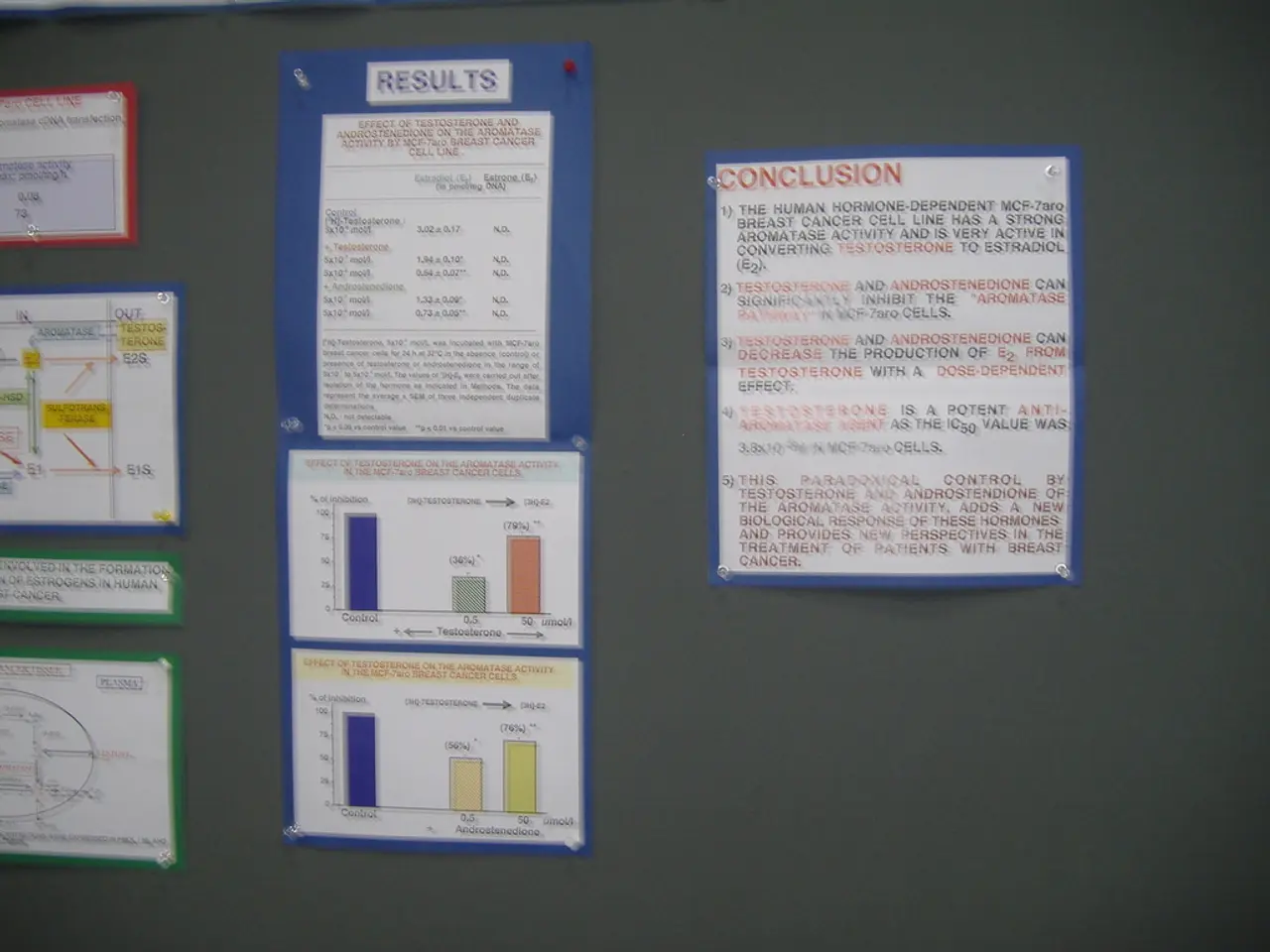Trade union members and employees at LEAG demand substantial restructuring to prevent imminent collapse
In the heart of eastern Germany, the Lusatia district is navigating a significant period of change, with the region's energy sector heavily impacted by political structural changes and the coal phase-out. This transformation has led to job losses and industrial decline, prompting workers and labour representatives to demand federal government support to manage this transition effectively.
Toralf Smith, chairman of the works council of LEAG power plants, emphasised the importance of structural change being anchored in strong, collectively agreed industrial jobs to ensure fair competitive conditions for Lusatia. The demand for change is not limited to LEAG, as IGBCE, which advises around 80 companies from various sectors such as the paper, glass, plastic, and ceramics industries, also echoes these sentiments.
The Lusatia district, geographically extending from Brandenburg's Lübben in the Spreewald, across Lusatia to Guben in the north, Falkenberg in the east, and Görlitz in the south at the Polish border, has a long tradition in energy generation. However, the region is currently facing a crucial step: the transition from coal to cleaner energy sources.
The employees and IGBCE are calling for a more pragmatic and supportive federal approach. Key requirements include a halt or modification of the current climate agenda, competitive energy pricing, significant federal investment in hydrogen infrastructure, and concrete job security measures. The absence of a binding pledge for the connection of Lusatia to the hydrogen backbone network is a significant concern, as hydrogen is seen as a key alternative to sustain energy-intensive industry in the region.
The visit of Federal Minister Reiche and Minister President Woidke to the Schwarze Pumpe power plant coincided with the employees' demand for a clear signal for the eastern German energy regions. The demand for a transformation bonus, which includes ensuring new power plant capacities and future investments at the existing sites in eastern Germany, was also directed at this visit.
Reni Richter, district leader of IGBCE Lusatia, stated that the Lusatia region has delivered in the coal phase-out and expects the promised future prospects to be implemented. The employees' demand for a transformation bonus refers to the need for the federal government to address the region's concerns about its energy future.
Companies like LEAG cannot invest in modern, hydrogen-capable gas power plants without swift legislative packages and concrete tenders, according to the employees. The employees' demand for a transformation bonus and investment in hydrogen infrastructure is a crucial step to advance new industries and climate-neutral energy generation in Lusatia.
References: [1] Source: IGBCE Lusatia press release, August 4, 2025.
- The demand for a transformation bonus, which includes ensuring new power plant capacities and future investments at existing sites in eastern Germany, was highlighted by employees, including those at LEAG power plants.
- Geographically, the Lusatia district extends from Brandenburg's Lübben in the Spreewald, across Lusatia to Guben in the north, Falkenberg in the east, and Görlitz in the south at the Polish border - a region with a long history in energy generation.
- The absence of a binding pledge for the connection of Lusatia to the hydrogen backbone network is a significant concern, as hydrogen is seen as a key alternative to sustain energy-intensive industry in the region.
- Key requirements for a more pragmatic and supportive federal approach include a halt or modification of the current climate agenda, competitive energy pricing, significant federal investment in hydrogen infrastructure, and concrete job security measures.
- In the heart of eastern Germany, the Lusatia district is navigating a significant period of change, with the energy sector heavily impacted by political structural changes and the coal phase-out, which has led to job losses and industrial decline in the manufacturing industry.




